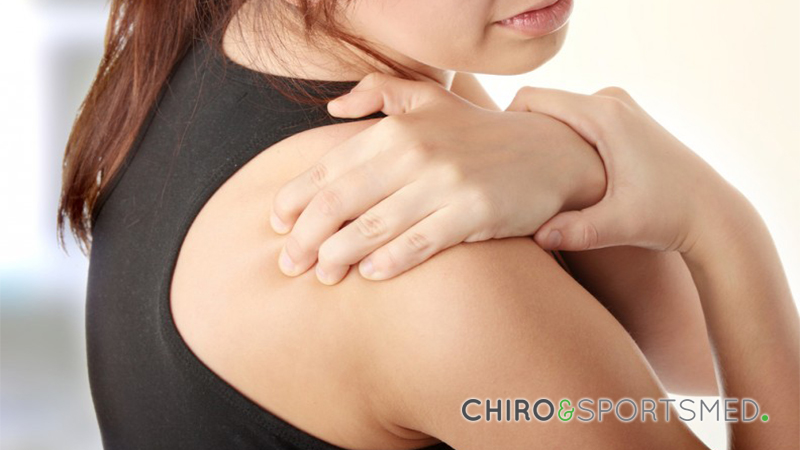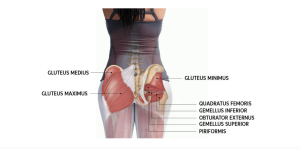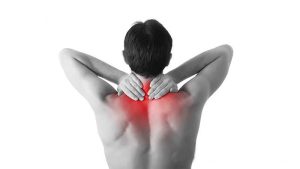Shoulder Impingement
Shoulder Impingement syndrome also is known as “swimmer’s shoulder” or “thrower’s shoulder” is caused by the tendons of the rotator cuff becoming impinged as they pass through the shoulder joint.
Some shoulders’ have more mobility than others due to excessive joint movement, ligament laxity, and muscular weakness around the shoulder joint causing shoulder instability. The rotator cuff then has to work harder due to this imbalance. This causes the rotator cuff muscles to fatigue and becomes inflamed and weakened. The rotator cuff cannot function normally in this state and is unable to do its job at preventing injury. Other issues that can cause and disrupt the normal functioning of the rotator cuff is osteoarthritis or a structurally narrower space within the shoulder.
Because of this narrowing or instability, you are more likely to impinge and irritate the soft tissues in the sub-acromial space during shoulder movements and especially those above the head. The bony acromion rubs against and compresses the tendons and bursa. Thus causing irritation and swelling to the tendons (tendonitis) and/or bursa (bursitis) resulting in pain in the shoulder.
Shoulder impingement causes can be classified as internal or external. With external impingement being divided into primary which is caused by a bony spur or some direct cause and secondary impingement which occurs as the result of poor stabilization of the shoulder joint.
People who are more likely to develop shoulder impingement are those who participate in physical activities. Activities that involve repeated overhead arm movements such as swimming, golf, tennis, weight lifting, or ball throwing. Occupations that also involve these movements are also at risk. It is the repetitiveness of these activities that causes impingement syndrome leading to injury. As with weight lifting exercises, overloading may also be the cause.
Symptoms:
Common symptoms of shoulder impingement are:
- Pain in the shoulder when your arm is at shoulder height or overhead.
- Shoulder pain can continue down to the elbow.
- Pain when lying on the injured shoulder.
- Shoulder pain at rest
- Muscle weakness or pain when trying to reach or lift.
- Pain when putting your hand behind your back or head.
- Loss of mobility in the affected shoulder
Once you suspect you may have a rotator cuff injury, it is important to diagnose exactly the type of injury, as this is dependent on your treatment. A rehabilitation program to strengthen the injured muscles and correct muscle imbalances is important for long-term recovery. The shoulder is a complex structure. It is important that you seek professional treatment in order to successfully rehabilitate yourself back to normal. You can then enjoy everyday activities and sports without the risk of another injury.
Chiro & Sport Med
Our chiropractors at Chiro & Sports Med are committed to providing chiropractic solutions to address your unique needs, whether you are experiencing an irritated nerve, bulging disc, back pain, neck pain, knee pain, headaches, or even muscular tightness and tension. You may be searching for pain relief after an accident or experiencing an injury. Our mission is to help reduce or eliminate pain and to prevent future problems and injury. Above all, we are here to improve your quality of life, well-being, and your ability to live an active healthy lifestyle.
If you would like to make an appointment with one of the chiropractors at Chiro & Sports Med simply call our office on 9817 2005 and one of our friendly staff will organise an appointment for you.





